New tools may help mental health hospitals close life expectancy gap through exercise
New tools may help mental health hospitals close life expectancy gap through exercise
MHEX PhD Candidate, Caleb McMahen, and team recently published their work around triaging and supporting exercise therapy within mental health services. This has been a number of years in development, and included input from experts, health and patient support professionals. Check our further details below from the UWA Media Release and download all the tools for us in clinical practice.
- Access the full published report here
- Access tools for clinical use free of charge
An innovative set of resources released this month will help mental health services implement potentially life-saving exercise programs for patients, addressing the alarming gap in life expectancy faced by people with severe mental illness.
The comprehensive toolkit, developed by researchers at the Mental Health and Exercise Laboratory at UWA, provides mental health facilities with evidence-based guidelines and practical resources to establish effective exercise therapy programs.
Associate Professor Bonnie Furzer from the UWA School of Human Sciences, an Honorary Research Associate at The Kids Research Institute Australia and CEO of Thriving in Motion, led the research with PhD Candidate Caleb McMahen and said the materials were now freely available online, marking a significant step forward in integrating lifestyle and exercise interventions into mental health care.
“People experiencing severe mental illness and accessing hospital-based mental health care have significantly shorter life expectancies, largely due to preventable physical health conditions such as cardiovascular disease,” Professor Furzer said.
“While we know exercise can help improve both physical and mental health, until now there’s been limited guidance on how to safely and effectively implement exercise in hospital settings.”
The new resources include specialised guidelines for identifying the unique challenges patients experience and triaging tools to support timely use of exercise therapy in mental health settings. Mr McMahen said the tools were developed through extensive expert consultation and created in line with research published in BJPsych Open.
“A key component is that the triaging tools help exercise services identify those patients who may gain the most with timely commencement and then guidance in determining the type of exercise therapy most suited to each individual,” Mr McMahen said.
“The research has also led to the creation of a reference guide on the cardiometabolic side effects of psychotropic medications, designed specifically for exercise professionals working in mental health facilities.
“The guidelines fill a crucial gap in mental health care by providing practical, evidence-based tools that exercise professionals can implement immediately to help improve both the physical and mental health outcomes of their patients,” Mr McMahen said.
Associate Professor Furzer said the resources were particularly timely as more mental health facilities were seeking to integrate exercise therapy into their treatment programs, responding to growing evidence of the dual benefits for physical and mental health.
UWA Media References
Liz McGrath, UWA Media Advisor, 08 6488 7975



